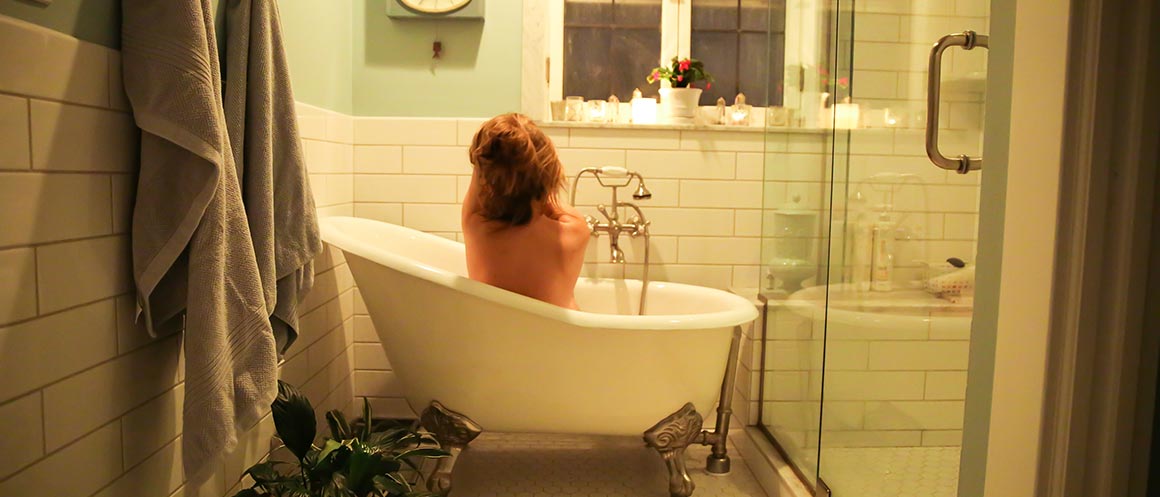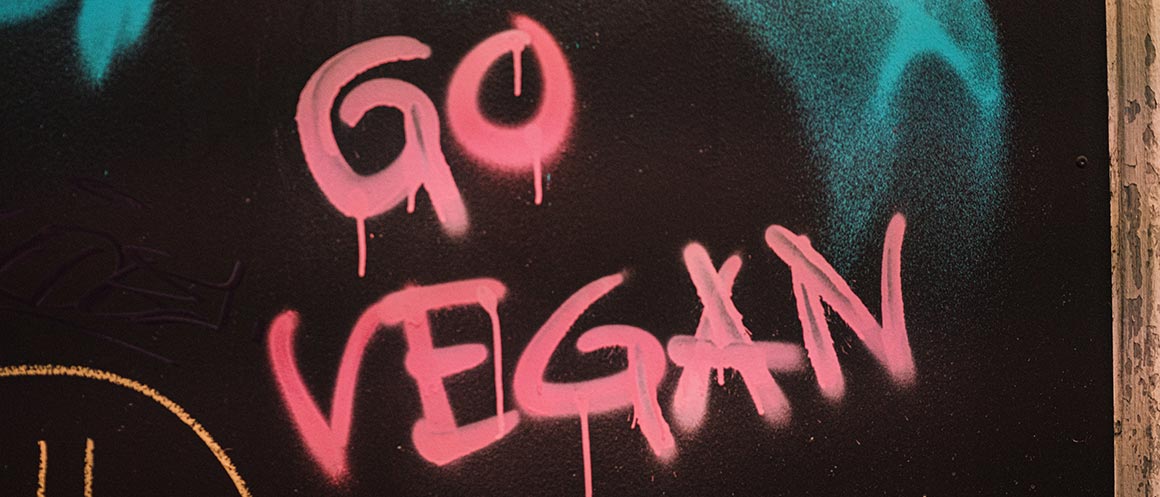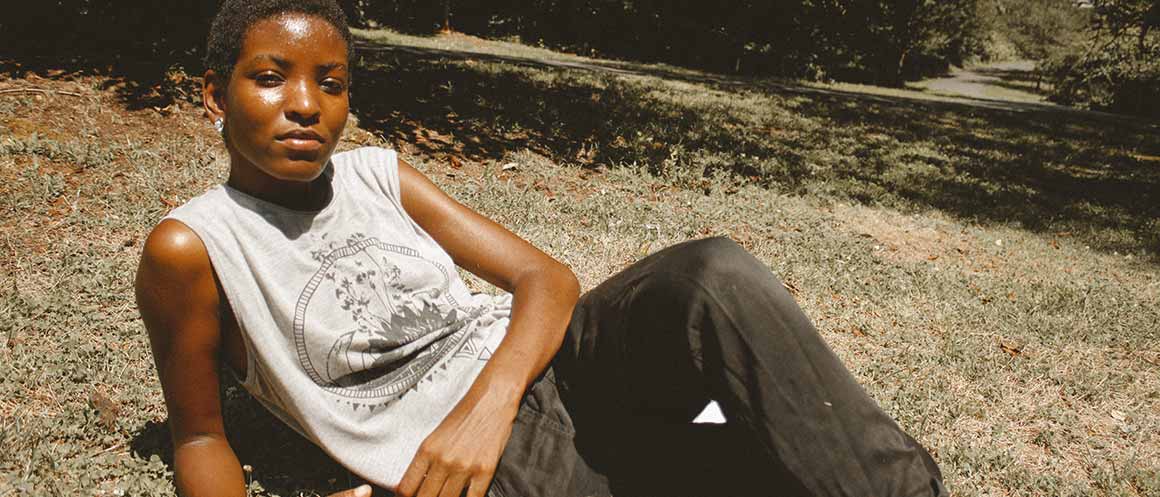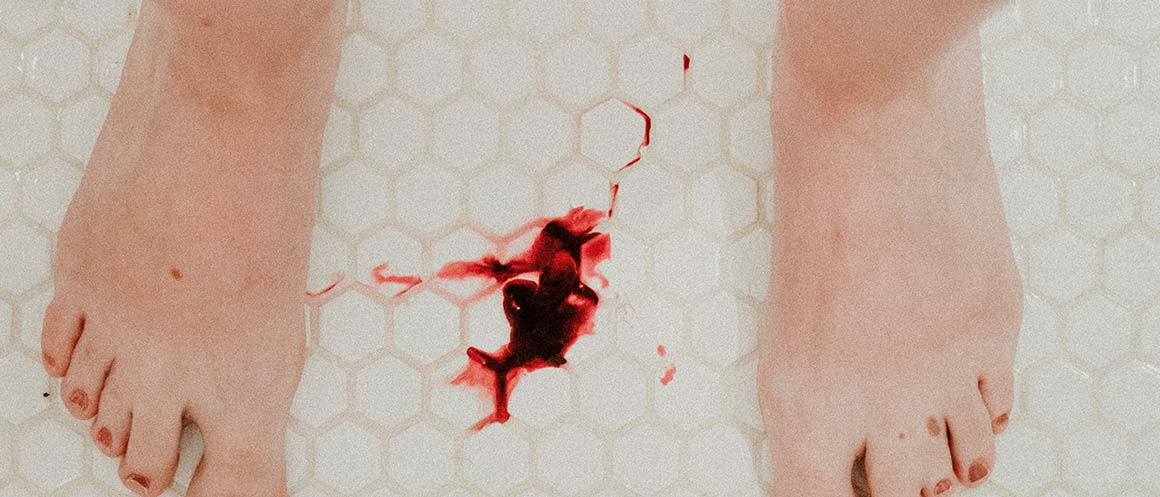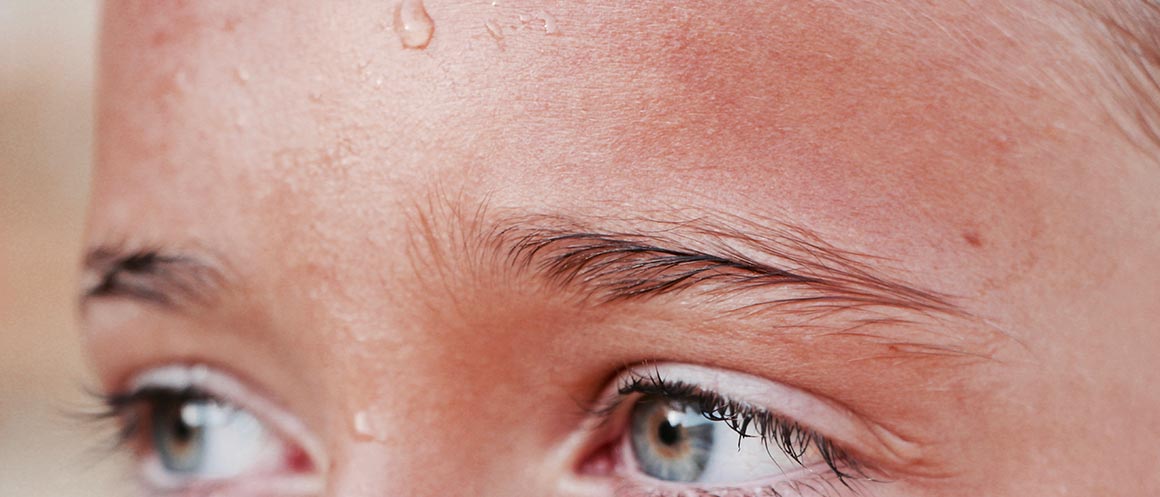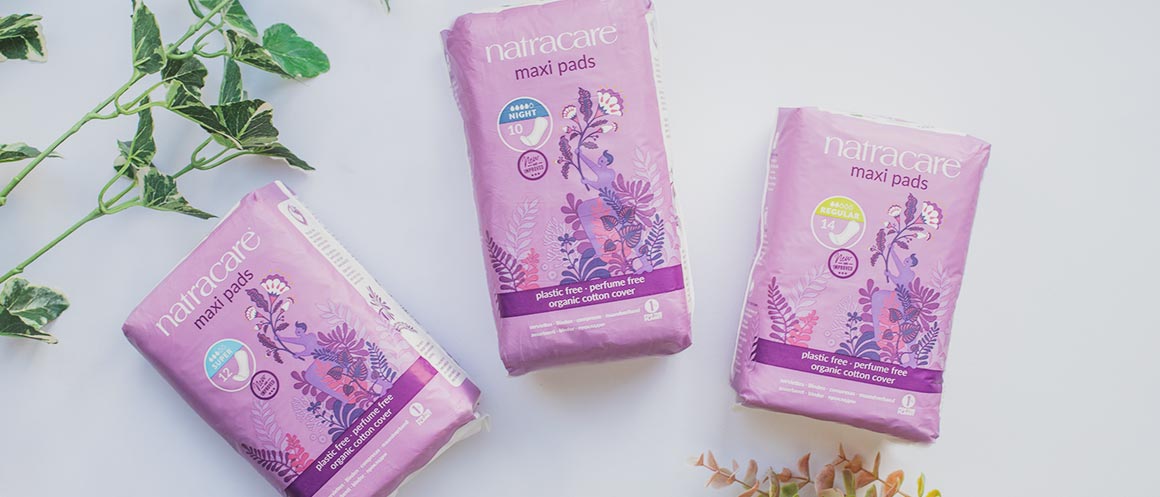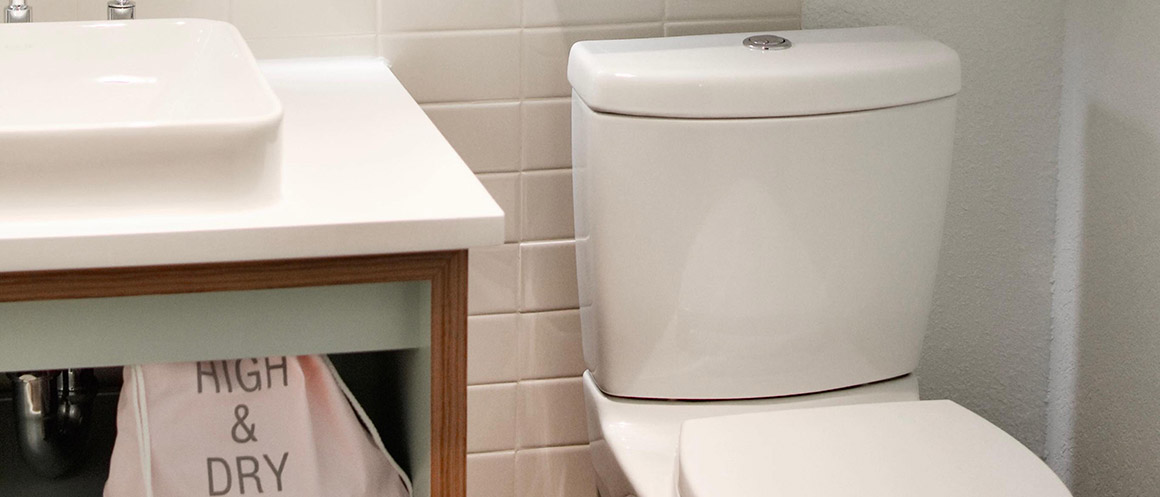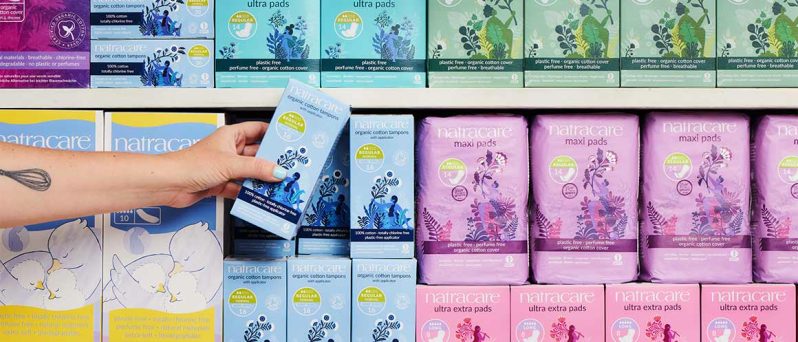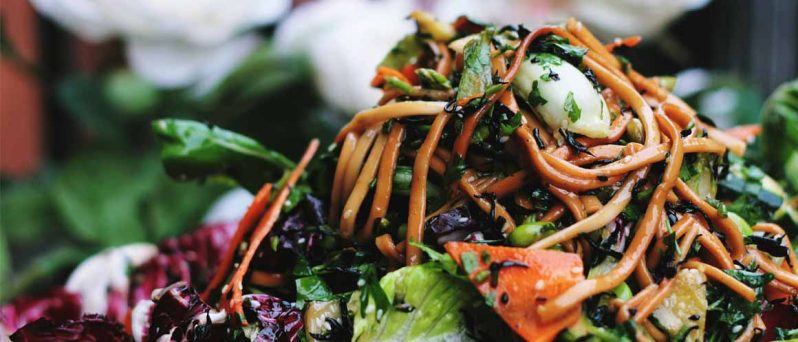What to know about bathing when menstruating. From pain relief, hygiene and to help relax. There are many reasons to bathe on your period.
How to Have a Completely Vegan Period
A few simple swaps in your monthly cycle will help you to veganize your period. Here’s how to have a vegan period – from cravings to tampons.
Do Intersex People Have Periods?
We’ve discussed how cisgender women, trans men, and non-binary people have periods. But do intersex people menstruate?
Periods in 2020: The Power of Bleeding
2020 has been a great year for those with periods and the fight against period stigma. Here are our top 5 period moments of the year.
What are Hot Flashes?
Hot flashes: the iconic symptom of perimenopause and menopause. Here’s a simple guide to what they are and why they happen.
Natracare x Women’s Earth Alliance: Building a Sustainable Future
Sustainability needs to become inclusive. That’s why we’re proud to partner with Women’s Earth Alliance, focused on achieving just that.
What is PMDD? How is it Different from PMS?
PMDD can have a serious impact on your life. Here’s what it is, the symptoms to look out for, and what to do if you think you might have PMDD.
How Long Do Tampons Take to Compost?
Did you know our tampons are compostable? Find out how to compost your tampons safely and how long it takes.
PSA: Natracare Maxi Pads Are Changing
We’ve been listening to your feedback over the years, and have been working on improving our maxi pads. Here’s exactly what you can expect!
3 Things You Didn’t Know About Your Bathroom Bin
How often do you think about your bathroom bin? Chances are not often enough. Here are 3 facts that you need to know about your bathroom bin.
